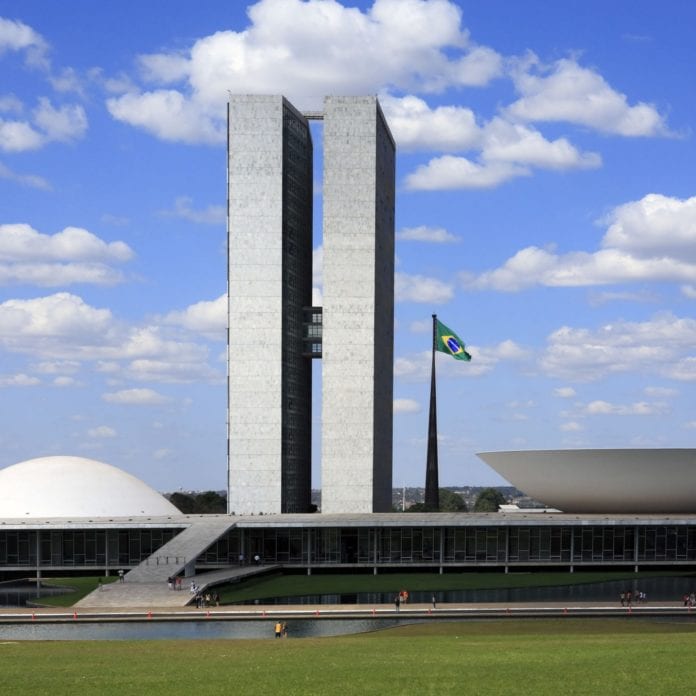Brazil’s communications Minister Fabio Faria has expressed that the government expects the spectrum auction for the award of 5G frequencies to take place next month, according to a recent report by Reuters.
The 5G auction’s plan is being revised by the country’s audit court, TCU, but Faria said that he does not expect the analysis of the auction rules by TCU will delay the process, as he noted that the government has responded to all the court’s questions.
The minister also said he expects all state capitals in Brazil to have operational 5G standalone networks by July 2022.
The report also revealed that a Brazilian government delegation will be visiting the U.S. this week to discuss private 5G networks with the U.S. government. The delegation will have meetings with investment banks and companies including Motorola Solutions, IBM and AT&T.
The 5G auction’s business plan was finished by Anatel on March 19.
Earlier this year, the regulator had confirmed that Brazilian mobile operators must not rely on dynamic spectrum sharing (DSS) technology, which allows 4G and 5G networks to operate using the same spectrum band, for the provision of 5G services in Brazil.
The rules also obliges operators to cover the vast northern Amazon region with broadband connectivity, chiefly using optic fiber cables laid in rivers, and build a separate secure network for the federal government.
Anatel opted not to implement any restrictions on the use of Huawei’s 5G network equipment, meaning that the Chinese company is likely to take part in the commercial deployment of 5G technology across Brazil.
Last year, Brazilian President Jair Bolsonaro was under pressure by the Trump administration to ban Huawei, but local telcos said that excluding the vendor would cost billions of dollars to replace the equipment of the Chinese vendor that supplies nearly 50% of the current 3G and 4G networks in the country.
Brazil’s Ministry of Science, Technology, Innovations and Communications had approved Brazil’s 5G auction process in February 2020, with airwaves in the 700 MHz, 2.3 GHz and 3.5 GHz bands set for sale alongside 26 GHz mmWave spectrum.
The future deployment of 5G technology in Brazil could have a $1.216 trillion economic impact and an increase in productivity of $3.08 trillion, according to a previous study by Nokia and Omdia.
ICT, government, manufacturing, services, agriculture, and retail will be the industries most impacted by the future deployment of 5G in Brazil, the study concluded.
Brazilian operators TIM and Claro have already launched limited 5G offerings via DSS technology.

